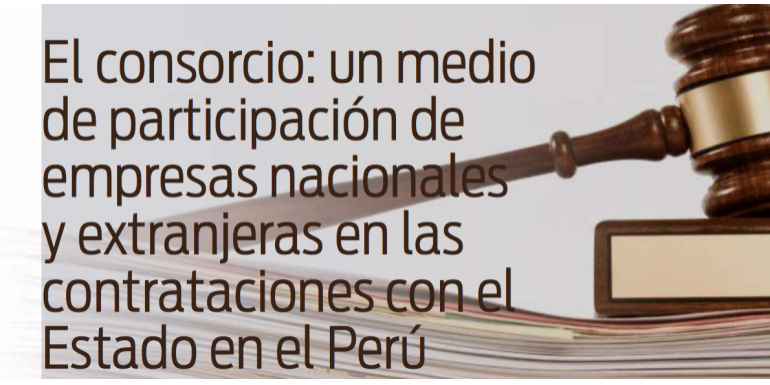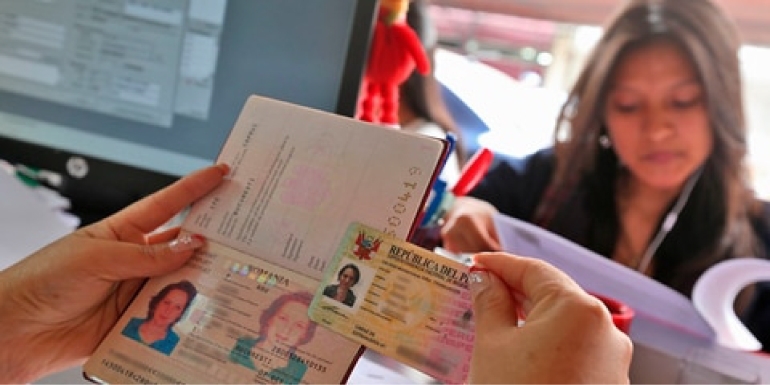Before setting up a company in Peru, it is advisable to enquire about income tax. The type of income tax that applies to businesses established in Peru is called “third category income tax” (impuesto a la renta de tercera categoría).
Individual entrepreneurs, companies and company branches that are established in Peru fall within the scope of this tax.
Said Peruvian corporate tax constitutes 29.50% of a company’s net annual income (from January 1st to December 31st). Nevertheless Peruvian tax legislation contemplates other tax regimes.
Indeed the newly adopted SME Tax System, in which small and medium companies whose net annual income does not exceed 1700 UIT (around USD 2,050,000), can pay a progressive tax rate of 10% on their net annual income for the first 15 UIT (USD 18,000), and a tax rate of 29.50% for the excess.
The Special Income Tax System, which applies to companies with a net annual income under PEN 525,000 (USD 156,250), allows companies to pay a monthly tax rate of 1.5% on their gross revenue.
In order to calculate the net income of a business, deduct the expenses incurred in generating taxed income – and in maintaining the source of that income – from the gross company revenue.
Some expenses are limited by law, such as those incurred in representing the company, staff recreational expenses, interest paid to shareholders for financial operations, and payments to the Board of Directors.
Companies established in Peru are taxed not only on their Peruvian income, but also on income generated abroad. However, taxes paid abroad by a company could be used as a tax credit. In addition, branches of foreign companies that are not established in Peru are only taxed by Peruvian authorities on their Peruvian income.
Peruvian law states a source of income to be levied with tax in Peru the following:
- Income generated from property located in Peru.
- Income generated from goods or rights located in, or capital used in, Peru.
- Income produced from capital, when the capital is located or used in Peru.
- Dividends or any other kind of payments from an entity registered in Peru.
- Income from commercial, civil, or any other kind of activities carried out in Peru.
- Income from personal work carried out in Peruvian territory.
- Income generated from digital services via the internet, any other kind of application made to protocols, platforms or technology used via the Internet or any other network used to provide equivalent services, when these services are used financially in Peru.
- Income generated from technical assistance which is used in Peru.
Most of the above mentioned activities considered as source of Peruvian income are taxed with 30%. Under certain conditions technical assistance is levied with a 15% tax.
Payment of dividends, particularly to shareholders that are not domiciled in Peru, and capital gains are taxed at a rate of 5%. This tax is generated when the Shareholders’ Meeting decides to pay out the company’s dividends.
A company that pays the dividends to its shareholders must withhold this tax and pay it to the Tax Authority on behalf of the shareholders.
It is important to note that taxpayers are obliged to make monthly payments, which constitute credit against the annual tax. These payments are calculated according to the company’s performance during the previous year. Companies under the SME Tax System, whose annual income does not exceed 300 UIT (around USD 362,000) they only have to pay a 1% tax rate on their net monthly income.
Finally, in addition to the monthly payments, taxpayers must make the annual tax payment. They need to fulfill several formal duties such as: (i) filing a monthly and annual tax return, (ii) keeping accounts, (ii) keeping documentation related to their activities, (iv) issuing invoices and (v) providing the information required by the Tax Authority.







































